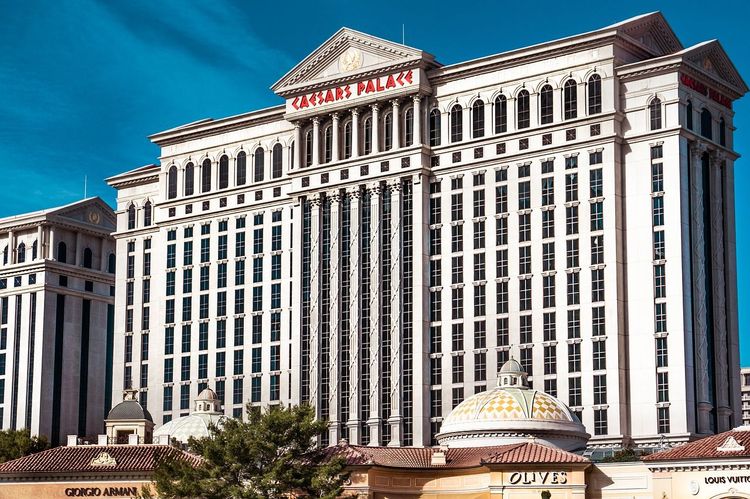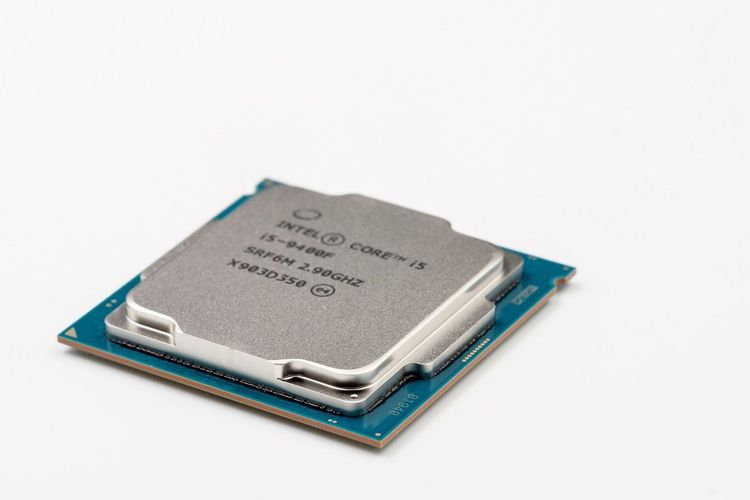YouTube Urges Creators to Label 'Realistic' AI-Generated Content for Transparency
Most people like

DocumentPro streamlines data entry by efficiently extracting critical information from both documents and emails. By automating these processes, it helps you save time and reduce errors, enhancing productivity in your workflow.

AI驱动的音视频处理平台:提升内容创作和编辑的效率与精准度
随着人工智能技术的迅速发展,音视频处理平台正以前所未有的方式改变内容创作领域。AI驱动的工具能够自动化编辑、增强画质、优化音频质量,极大地提高了创作者的工作效率。无论是在社交媒体、视频制作还是直播中,这些平台都为用户提供了智能化的解决方案,让内容创作变得更简单、更高效。探索AI驱动的音视频处理平台,全面提升您的创作体验。

ZeroGPT is a cutting-edge AI tool designed for the accurate detection of ChatGPT content, OpenAI-generated text, and instances of plagiarism. This powerful solution provides users with reliable insights and analysis, ensuring the authenticity of written materials.

Introducing an AI video editor equipped with cutting-edge features designed to elevate your video production experience. This innovative tool harnesses the power of artificial intelligence to streamline the editing process, enabling you to create stunning videos effortlessly. Whether you're a content creator, a marketer, or a filmmaker, our advanced video editor simplifies complex tasks and enhances your editing capabilities, allowing you to focus on telling your story. Discover the future of video editing and transform your creative vision into reality.
Find AI tools in YBX



